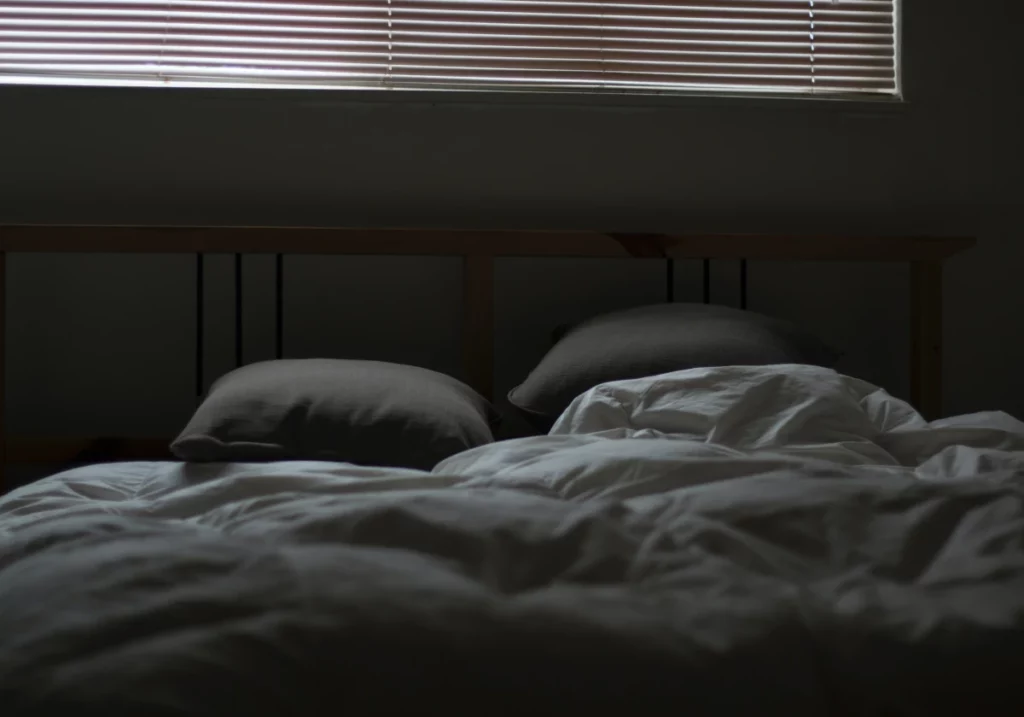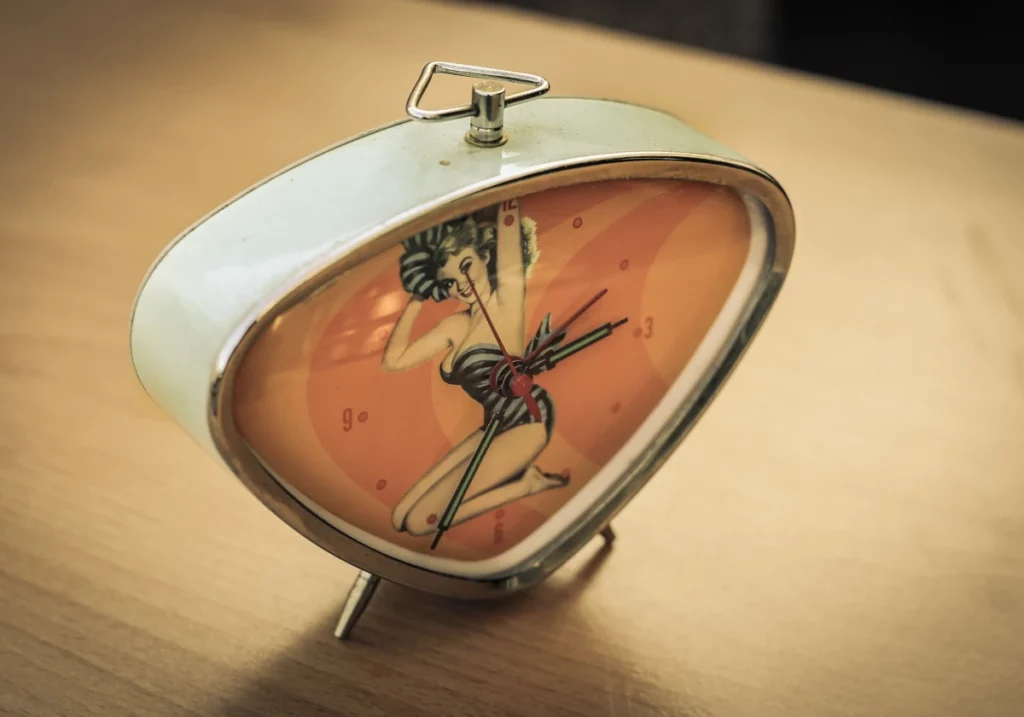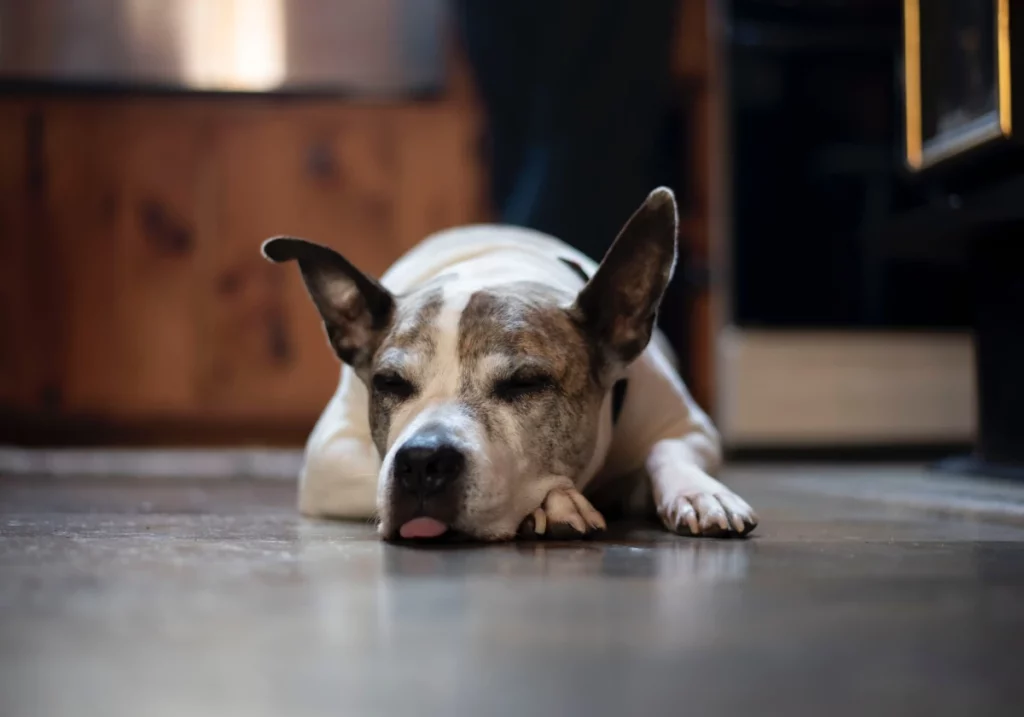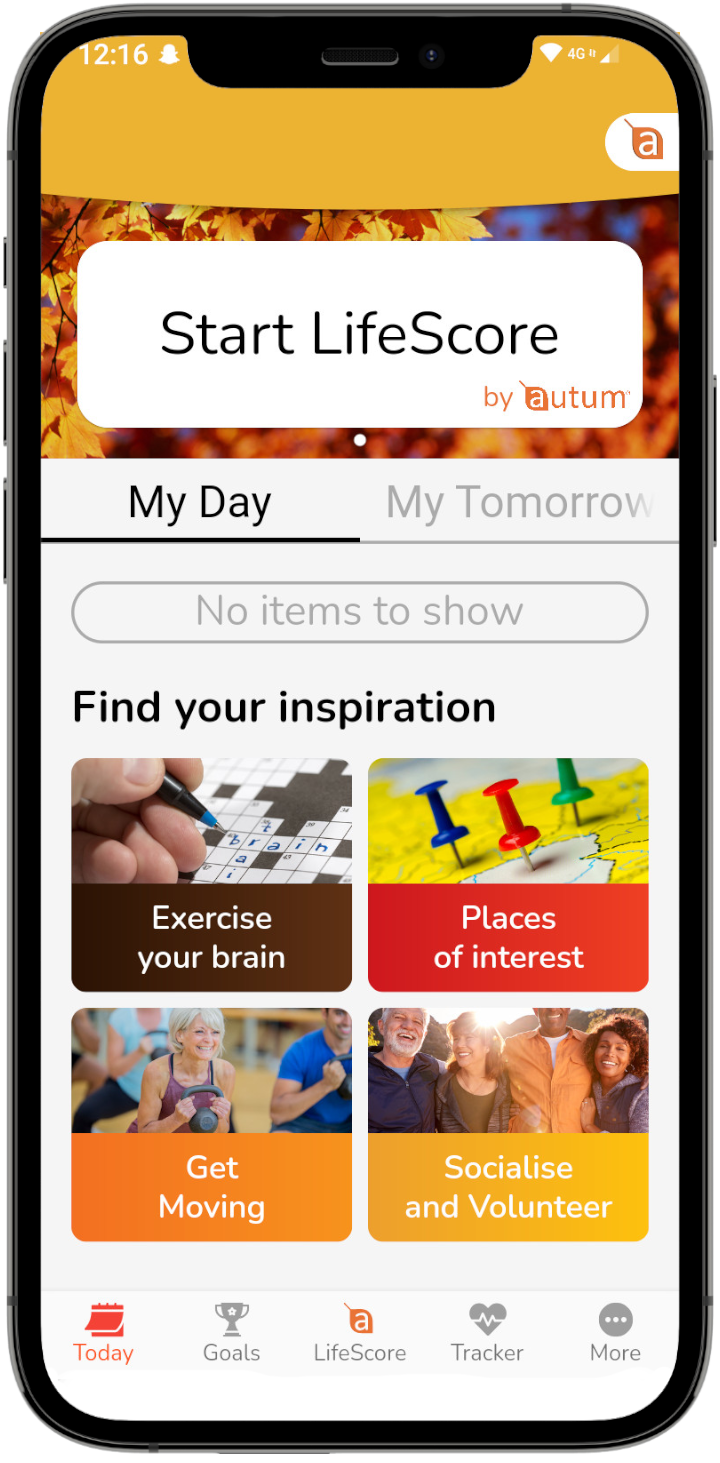Here’s a scary statistic for you: the average person will spend around 30% of their life counting sheep. Sounds ridiculous? According to health professionals, we should be getting a minimum of 8 hours of sleep per day and so with some simple maths that 30% sounds a lot more likely.
The thing is though, it is claimed that as many as 51% of adults don’t even get that and as a result deprive themselves of some much-needed rest. In such a fast-paced modern world, it’s not hard to see why, with so many distractions and pressures demanding your attention, but what options are open to us which could help us all sleep a little easier?

The science behind sleeping
It seems like such a simple thing, sleep, but the importance of a good night’s rest shouldn’t be overlooked. So, without further ado, let’s get the science out of the way first. The first thing to understand is that sleep is all about rhythms and cycles, and so planning out how much time you’ll spend snoozing can have a massive impact on how well-rested you feel in the morning. To break it down, our sleep cycle is split into four periods:
Stage One (NREM1) – This stage is the first you’ll experience after falling asleep and is the lightest of the four stages, meaning a noisy neighbour or a snoring partner is more likely to wake you at this point. Thankfully, it only lasts between 5 and 10 minutes on average.
Stage Two (NREM2) – At this point, our bodies prepare to enter deep sleep and so our heart rates and body temperatures drop. This part tends to last around 10 to 25 minutes.
Stage Three (NREM3) – Now we’re into deep sleep mode – the part where our bodies heal, grow most rapidly and digest the information learnt in the day. It is also the part that’s hardest to wake up from. As we get older, our bodies tend to need less deep sleep and so the amount of time this stage takes varies but as a general rule, it lasts between 20 and 40 minutes.
Rapid Eye Movement (REM) – Finally, we come to REM, which is the stage in which our bodies begin to restart the cycle and perk back up a little. This is the period when you’ll be dreaming and gets longer as we spend more time asleep. After this 10 minute slot, we’re back to stage one.
So, in total each sleep cycle comes to roughly between an 60 to 90 minutes and that means we can pretty reliably plan to wake up during the lightest periods of sleep (NREM1 & 2). Not only can doing so improve your mood, but it can often lead to higher energy levels throughout the day and a greater sense of awareness. In fact, for some, sleeping for less time but in a more structured way can be more beneficial than a longer time spent asleep!
Let’s move on to the health side of sleep. While rest has a few obvious benefits which you’ve likely heard before – improving your mood, for instance, or sharpening your cognitive functions – there are also a number of benefits that you may be unaware of. Sleep, for example, can have a diverse range of impacts on your physical health too, ranging from appetite control to blood pressure and heart health.
Regarding appetite, you might be thinking ‘well sure, you can’t eat if you’re asleep’ and you’d be right – obviously! But it turns out, a good night’s sleep can affect your waking appetite too as it has been linked with the production Ghrelin and Leptin – the two hormones which tell your body when it’s full and when its hungry.
A study for the Journal of Sleep Research in 2008 suggests that sleep deprivation is directly linked to an increase in Ghrelin levels, meaning that we could end up finding ourselves snacking a lot more throughout the day after a poor night’s sleep.
On top of this, our heart rates drop significantly while we’re away with the fairies and can actually help to ease hypertension and higher blood-pressure. Pair that with the fact that a lack of sleep can worsen existing conditions and place unnecessary strain on your heart and blood vessels and it becomes pretty clear that a good night’s sleep can make a world of difference on both our mental and physical health.
Now, when an estimated 63% of adults in the UK and around 58% in the US don’t get a decent enough sleep, the issue is plain to see. With that in mind, what options are out there which could help us all sleep a bit more soundly?

Counting sheep: How to improve your chances of a good night’s sleep
Well, reading a few more of these articles ought to do the trick! All jokes aside though, there are a number of ways that we can bring about a better sleeping pattern.
Oftentimes in modern society, we can get so caught up in deadlines, social media and all the other little things that demand our time, that we neglect a good bit of relaxation at the end of each day. From taking a warm bath of an evening to setting aside an hour or two to properly decompress and do something you enjoy; these small steps can help to make a genuine difference to the quality and length of your sleep.
Another helpful way to improve your sleep is through organisation; even the soundest of sleepers among us would have trouble getting to sleep with the stress of an unplanned day ahead them hanging over their heads. Writing out a ‘to-do’ list won’t put you to sleep with the snap of the, but it can help to order your thoughts and put your mind at ease to make sure you don’t have as many distractions while counting sheep. Similarly to this, establishing and sticking to a regular sleeping time can help to condition your body to recognise certain times for sleeping.
Next up, is a bit of a hot topic: herbal remedies. Now, before you roll your eyes and switch off, just hear me out; while there is still ongoing research into the science behind certain herbal sleep aids, their potential benefits should not be overlooked.
Traditional remedies, such as lavender and chamomile, have proven benefits in terms of relaxation. In a 2005 study, for instance, Lavender was shown to improve the amount of deep ‘stage 3’ sleep participants had and led them to start the morning with more vigour than usual.

Napping: Should we be sleeping in the daytime?
Another obvious option for improving our sleeping patterns would be napping, but is it really as good for you as it’s made out to be? Well, in all fairness, there’s still a lot of debate over whether napping throughout the day is a good idea, but the most important thing to bear in mind is that every person sleeps in different ways and, while longer naps may work for some, they leave others feeling groggy and even more tired than before after waking up. Nevertheless, here are a few important things to bear in mind when napping:
Try not to nap for any longer than 30 minutes; a lot of the time, shorter ‘power naps’ of between 10 and 20 minutes are actually much better for helping you to feel more awake than longer snoozes.
Avoid napping past mid-afternoon (around 2pm) as it then gives you enough time to wake up again properly and use up the rest of your energy before you go to bed.
Monitor your mealtimes carefully to ensure you aren’t eating 2-3 hours before sleeping; it can make conditions like acid reflux a lot worse and will generally give you a harder time getting to sleep.
Contrary to popular belief, don’t drink so much water before you go to sleep, but do keep a nice big glass of fresh water by your bedside for when you wake up in the morning; drinking before bed can lead to sleep disruption if you need to get up to go to the loo.
So, there you have it; the simple truth is that you needn’t make wholesale changes to your lifestyle to improve your chances at a good night’s sleep – you just need to find out what works for you! Above all else, the key is to understanding your body – these tips aren’t going to work for everyone, and those with chronic conditions should consult medical professionals before moving forward – but incorporating just a handful of these small changes can help us all get the rest and relaxation we deserve!
To help us make Britain one million biological years younger take our autum Lifescore calculator to determine your biological age and use our autum app on Android or IOS to help improve your biological age today!
Images: Sleeping woman – เดชาธร อมาตยกุล; Bed – Quin Stevenson; Alarm clock – Flash Dantz; Napping – Amin Hasani all Unsplash.

Writer and editor with 20 years experience in digital and print media. Tip-toeing into the next stage of life with grown-up kids and the opportunity to do something new.


